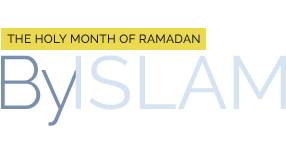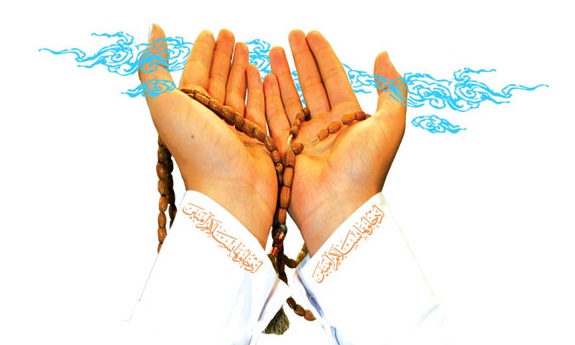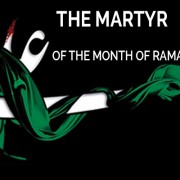keeping the results of the month of Ramadan-1
If we pass the month of Ramadan while performing its recommended acts like reciting the holy Quran, doing Doa, being careful about our deeds, we can continue them throughout the other months of the year. The scholars in the field of morality recommend for finding a good habit to continue practicing a specific deed for forty days, for example the one who tries to practice generosity, after forty days it becomes a habit for him/her to be a generous person. So it is so good to continue the good deeds that we have done in the month of Ramadan for the next ten days in order to have a complete forty days of performing a good deed, for example it this holy month we usually perform our morning prayer in its early time, so it is appropriate to continue that after this month at least for ten days. Ten days are not so long and we can plan to do a deed in these days easily. After these forty days of performing a good deed it becomes as a habit for us and performing that deed becomes easier for us. And if after these forty days we decide to continue having that good habit for the next forty days, it becomes as our temper to the extent that it is so hard for us to leave that good habit, especially at the age of youth because in this period of life, obtaining the good habit is so easier than the old age. If we could be successful in obtaining a good habit, having other good habits becomes easier for us. It might be a little hard for some of us to continue performing a good deed, but because the result of that is so sweet and worthwhile, it deserves to stand that little hardship.
There is another important and hopeful point here. We as Shia believe that the twelfth Imam is alive and his basic and main mission is to guide mankind and this is the very reason of sending the Prophets and Imams throughout the history. When we ask the Imams to be a mediocre between us and Allah for our needs like an illness, it might happen that due to some reasons our illnesses does not get cured, but the guidance of the Imam is not left under any circumstances because as we said his main mission is the guidance of people and especially those who sincerely want to be on the straight path.










